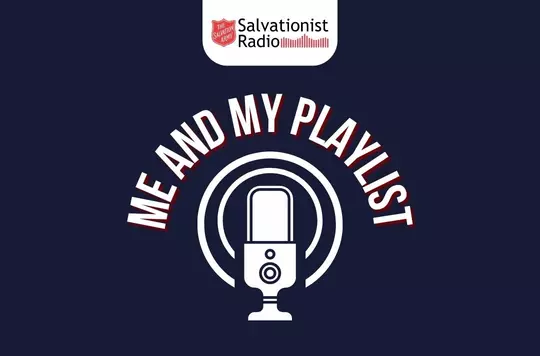3 July 2024
Election principles: Overcoming poverty
Captain John Clifton

Ahead of the general election on 4 July, Captain John Clifton concludes a series of reflections about The Salvation Army’s four key principles for political candidates.
I remember delivering a food parcel to a family in need. A call came to the hall from a mother in tears, worried about feeding her children. Hearing her distress, I offered to deliver food to last until her money came through.
When my wife and I arrived, we heard sobbing. The mother was sat on the stairs, tears streaming down her face. The desperation and relief in her eyes marked the beginning of a supportive journey facilitated by the corps. It was a reminder of the struggles many families face.
Poverty has been a persistent issue throughout history, and The Salvation Army has been at the forefront of alleviating it since the Movement’s inception. Founded in the 19th century, the Army has consistently provided support to people in need through initiatives such as food banks, shelters and employment programmes. The Army’s commitment to fighting poverty is inspired by, and an embodiment of, Jesus’ words in Matthew 25:40: ‘Whatever you did for one of the least of these brothers and sisters of mine, you did for me.’
When we delivered that food parcel, it was not solely a mother weeping on the stairs; it was also Christ, in solidarity and identification with those experiencing the forms of poverty described in Matthew 25:31–46.
Regrettably, this story is not an isolated incident. Every day, families across the UK grapple with the stark reality of making ends meet. This pressing issue has been worsened by the cost of living crisis. A recent report from the Joseph Rowntree Foundation indicated 14.4 million people, including 4.2 million children, were living in poverty in 2021/2022.
Many people have been forced to choose between heating and eating. Initiatives such as food banks, financial literacy workshops and job training programmes provide immediate relief and long-term solutions. The Salvation Army community tirelessly delivers these services, demonstrating the power of grassroots community action and making our faith alive through our deeds (see James 2:15–17).
However, that living faith requires us to match merciful service with seeking justice. The Salvation Army therefore advocates for key policy changes.
First, to ensure that universal credit covers essentials such as food, bills and travel costs, aligning with the Guarantee Our Essentials campaign.
Second, to scrap the five-week wait for the initial universal credit payment, replacing it with immediate grants to provide prompt relief.
Third, to establish a cross-government task force to address the root causes of poverty, focusing on improving education and employment opportunities.
With the general election approaching, we can vote to build a society where everyone has basic essentials and the opportunity to thrive. By voting thoughtfully and engaging in local advocacy – supporting candidates and policies that advocate for poverty alleviation – we can contribute to a more just society.
But it doesn’t stop there – sign up as a social justice champion with The Salvation Army’s Public Affairs Unit to help the Army’s vital work continue beyond the election.
Written by
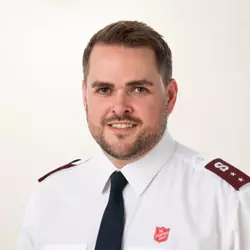
Captain John Clifton
Territorial Justice and Reconciliation Officer
Read the election series
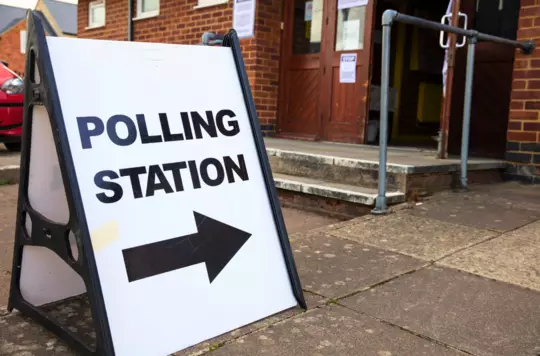
Ahead of the UK general election on 4 July, Captain John Clifton encourages people to register to vote.
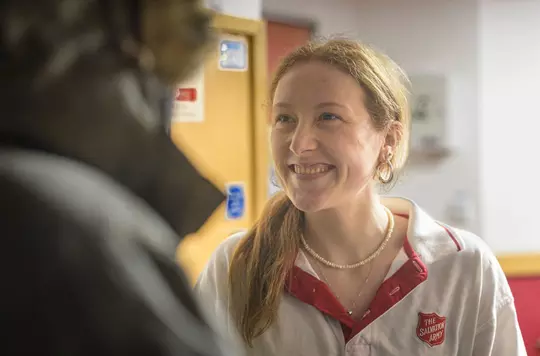
Ahead of the general election on 4 July, Captain John Clifton begins a series of reflections about The Salvation Army’s four key principles for political candidates.

Ahead of the general election on 4 July, Captain John Clifton continues a series of reflections about The Salvation Army’s four key principles for political candidates.

Ahead of the general election on 4 July, Captain John Clifton continues a series of reflections about The Salvation Army’s four key principles for political candidates.
Discover more
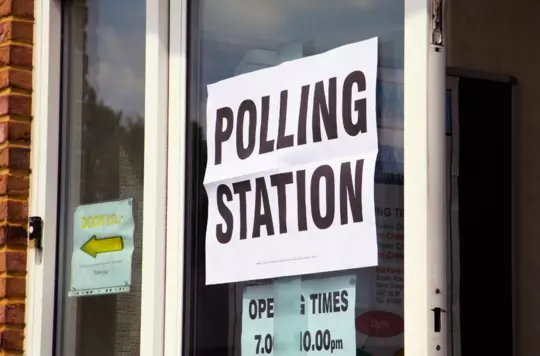
Salvationist explores how corps can turn polling day into an opportunity for outreach.
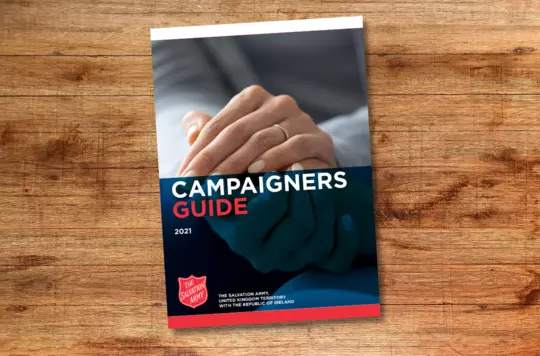
Public Affairs Officer Chris Hartley introduces a new opportunity for Salvationists.
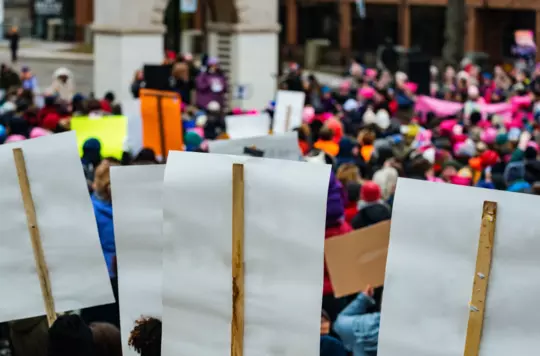
Major Nick Coke considers how to seek justice in a society longing for reconciliation.
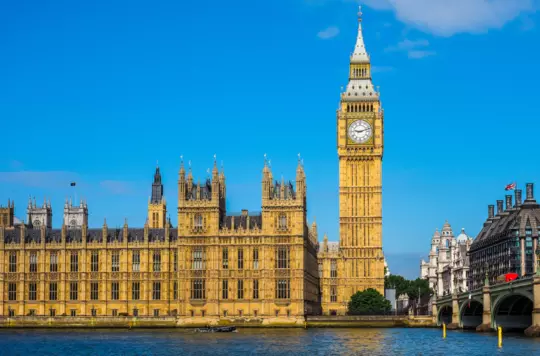
We speak into areas of public policy to support change for the benefit of some of the most disadvantaged people in our communities.



